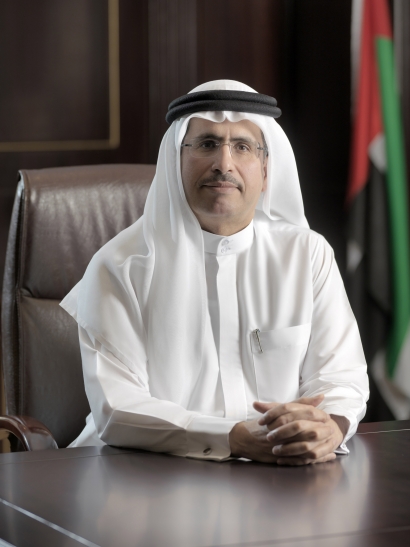
The engineering studies are part of a consultancy contract, which covers numerous aspects of the project.
DEWA awarded the consultancy contract for the pumped-storage hydroelectric power station, worth approximately $16 million, to France’s EDF. The project is the first of its kind in the Arabian Gulf, with a total capacity of 250MW, and a lifespan of 60 to 80 years.
“The hydroelectric power station will generate electricity by making use of the water in the Hatta Dam, which can store up to 1,716 million gallons, and an upper reservoir that will be built in the mountain that can store up to 880 million gallons. The upper reservoir will be 300 metres above the dam level. During off-peak hours, turbines that use clean and cheap solar energy will pump water from the lower dam to the upper reservoir. During peak-load hours, when production costs are high, turbines operated by the speed of waterfall from the upper reservoir will be used to generate electricity and connect it to DEWA’s grid. The efficiency of power production will reach 90% with a 90-second response to demand for electricity,” said Saeed Mohammed Al Tayer, MD & CEO of DEWA.
“Our reliance on hydropower is part of our drive to achieve the objectives of the Dubai Clean Energy Strategy 2050, to transform the Emirate into a global hub for clean energy and green economy, and to increase the share of clean energy mix in Dubai to 75% by 2050,” he added.
Al Tayer pointed out hydropower is one of the main sources of renewable and clean energy in the world.
“The total installed capacity has grown by 39% from 2005 to 2015, with an average growth of about 4% per year. The rise has been concentrated in emerging markets. In 2016, hydropower installed capacity reached 1,064 GW globally, generating 71% of all renewable electricity, and 16.4% of the world’s electricity from all sources,” he noted.
Photo: Saeed Mohammed Al Tayer, MD & CEO of DEWA.

